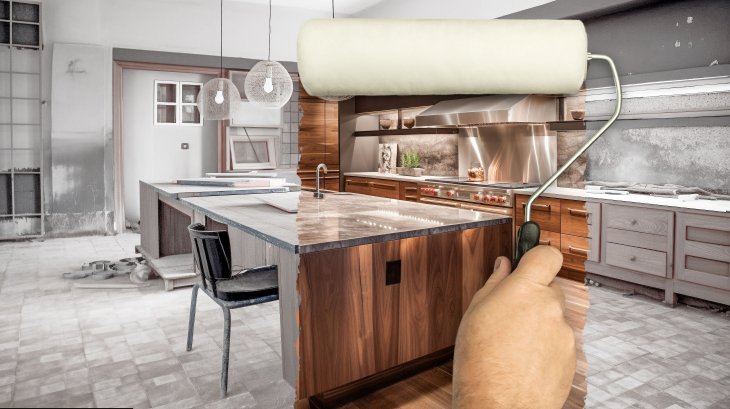With more families leaving their aging loved ones’ care in the hands of nursing homes, the expectations for quality care also rise. While there is concern over nursing home abuse and neglect, families can take proactive steps to safeguard their relatives’ well-being. Fundamentally, advocacy is a great tool for making sure better standards of care and protection of rights for seniors.
This article covers how, through the process, one’s family can become an advocate for their loved one, what resources are available in Los Angeles, and a nursing home abuse lawyer in Los Angeles to consult if incidents arise.
Why Advocacy Matters
While advocating for a family member in a nursing home does have to do with abuse, it also has to do with having daily needs identified and received with dignity and respect. Much of the lack of communication, understaffing, and rushed care that often characterizes nursing homes can be mitigated when family members actively engage with the management and staff of a facility.
Steps to Advocate for Better Care
Get Involved
Perhaps the best way to ensure that your loved one gets the care they need is through frequent visits. If staff know that a resident’s family will be showing up regularly, chances are they will want to provide good care. During your visits, you should talk to your loved one about how things have been going and observe the interactions between the staff and residents.
Events involving community events that discuss elder care concerns are also available to be taken by the families in Westside. It allows interaction among people about the experiences shared and the latest advocacy efforts in Los Angeles.
Understand Residents’ Rights
By California state law, nursing home residents have the rights that include:
- Right To Privacy
- Right To Be Present In Their Care Plan
- Right To Complain Without Facing Intimidation
Knowing these rights will give you a better ability to advocate for yourself or your loved one.
Should you be unsure about any number of these rights or how to assert them, you need to contact a home abuse lawyer in Los Angeles. Attorneys who focus their practice on elder law can better outline these protections for you.
Form Relationships with Staff
The other important aspects of advocacy involve building positive relationships with the staff at the nursing home. Open communication can result in better care and a deeper understanding of your loved one’s daily routine. You need to know who the care managers, nurses, and caregivers are so they can understand the specific needs and preferences of your loved one.
Request Care Meet-Ups
Care plan meetings are imperative in nursing homes to review the health of the resident and the treatment accorded. Attend such meetings and participate in voicing your concerns. Ongoing reviews of the care plan ensure your loved one receives the best care possible and any changes in condition are met.
What to Do if Problems Arise
With proactive undertakings, there are times when a problem still arises. If this, in fact happens, issues must be dealt with as quickly and effectively as possible.
Things to Document
Keep very accurate records of concerns about care: notes of interactions with staff, the condition of your loved one, and any observed issues in hygiene, nutrition, or treatment.
Report Issues to the Administrator
North’s nursing home, assisted living, and adult foster care administrators are responsible for investigating complaints and making necessary improvements in care. If you are worried about something discuss them by requesting a formal meeting with the administrator and present your documented concerns.
Filing Complaint with State Authorities
If nothing improves, you may well consider lodging a formal complaint with the California Department of Public Health in charge of all nursing homes within that State. Filing a complaint ensures accountability at the facility and may lead to a formal investigation.
The State of California also has a Long-Term Care Ombudsman Program that assists families in need by guiding them through the complaints process.
Legal Help for Nursing Home Abuse
Such a situation calls for legal intervention when your loved one is either abused or shows signs of neglect. A lawyer specializing in nursing home abuse will, therefore, be more of help to you in handling your case since the intricacies are deeply involved in cases of elder abuse, from filing compensation claims to charging the facility with its responsibilities.
The Los Angeles attorneys are specialists in abuse and neglect, thus they are fully aware of the peculiar challenges families face whenever they have to deal with local facilities. A lawyer is able to gather evidence with you, prepare witnesses, and represent your family’s interests in court to ensure your loved one’s rights are represented.
The Care They Deserve in Los Angeles
Advocacy can help ensure that your loved one receives the highest standard of care in a nursing home. Families of the Westside of Los Angeles can work to stay involved, build strong relationships with the nurses and other caregivers of their loved ones, and quickly communicate early concerns. If problems escalate, seeking the guidance and protection of a Los Angeles nursing home abuse attorney can be an important step.
It is by being proactive and well-informed that supportive steps can be taken to make the setting more secure and respectful of your love one and other residents.




















